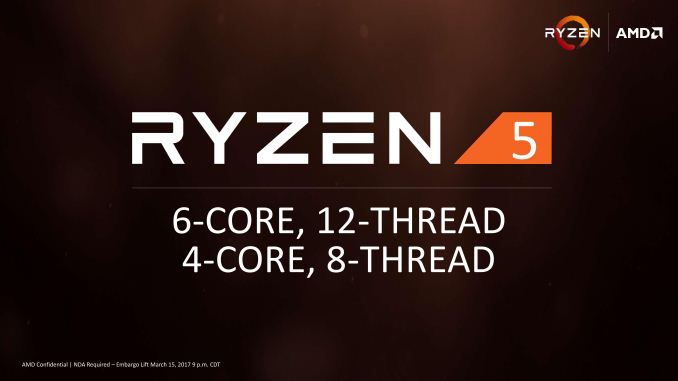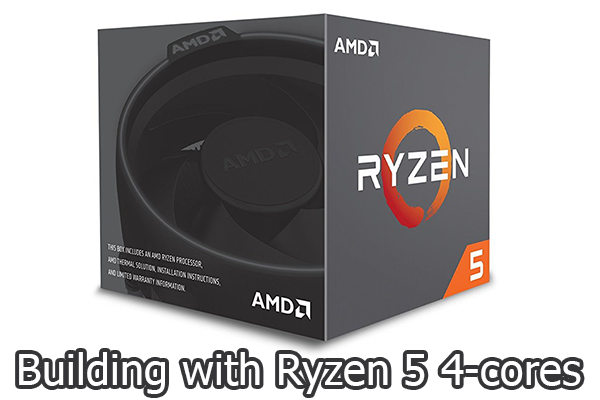
The “Glorious PC Gaming Master Race” term originated as an insult in this Zero Punctuation review of the Witcher.
Here at Logical Increments, we love advocating on behalf of the PC. But as devoted to the PC as we are, our enthusiasm is continually overshadowed by that of the PC Master Race (PCMR). With more than 800,000 members and growing, this Reddit community is one of the leading hubs of PC-related activity on the internet, and the PCMR has since spread its influence to Steam, Twitch, Twitter, Instagram, Facebook, and Discord. You can see everything they’re up to at pcmasterrace.org.
We recently had the opportunity to interview Pedro19, the founder of the PC Master Race community. Read our discussion below:








